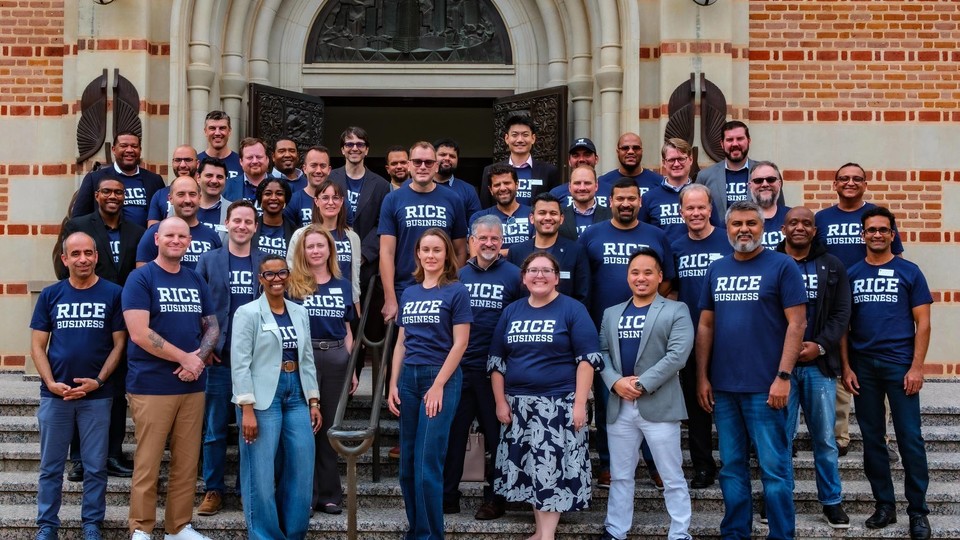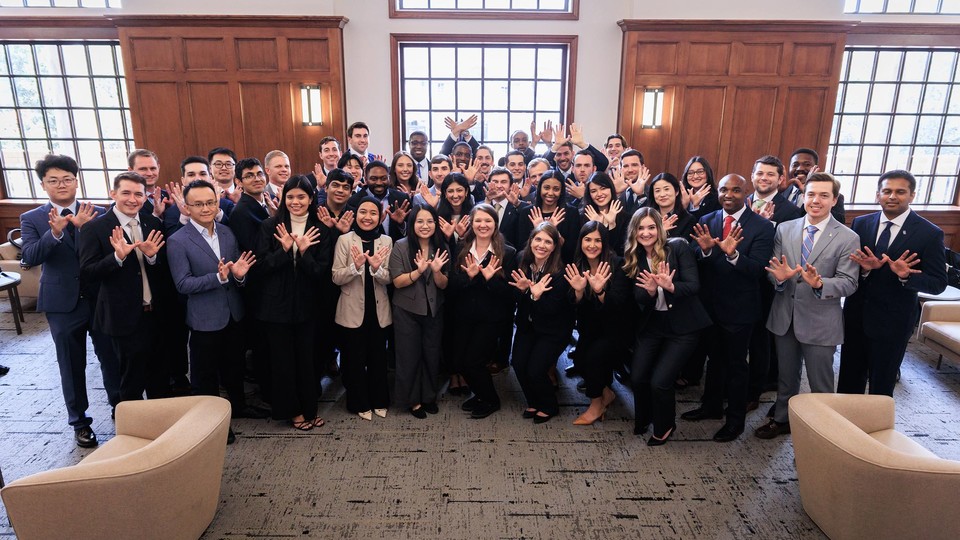What’s the ROI for a One-Year vs. a Two-Year MBA?

In the long run, two-year MBAs have a higher ROI
One-year MBA programs are an exciting proposition. They offer a way to fast-track your education and enter the workforce quickly. Compared to the traditional two-year MBA, they have lower costs and shorter time commitments.
But graduates of two-year programs experience a return on investment over their lifetime that the one-year model simply cannot match. Below are some of the key reasons for choosing a two-year over a one-year MBA.
You gain a stronger network.
As all MBA students know, networking is crucial to career advancement. Networking during your program helps you explore industries and careers, get involved with campus and community organizations, and connect with alumni, faculty and students.
One-year MBA students do not have much time for networking and relationship building. They jump right away into the full-time job search while cramming their coursework into a single year. Because of the limited time frame, one-year students have less time to attend events, meet faculty and alumni, and participate in extracurricular activities than their two-year peers. As a result, it’s harder for them to create genuine, sustainable connections and explore as many career paths as two-year MBA students.
Choosing a two-year program will give you more time to join and lead clubs, attend career fairs, and organize events. You should treat these experiences as critical networking opportunities. The broader your network, the more potential connections, resources and opportunities you can access for years to come.
You build a more solid foundation.
While one-year programs can provide an excellent overview of business concepts and practices, two-year MBA students earn a more thorough and well-rounded foundation.
In a two-year program, you become more conversant in a broader range of topics and gain more experience in business fundamentals. You also have more time to enhance essential “soft skills,” like leadership and communication, which potential employers prioritize.
More time to learn, study, absorb, explore and apply classroom concepts puts you in a better position for a wider range of job opportunities.
You have more applied experience.
Internships and experiential projects are an essential part of the MBA experience. They give students the ability to solve complex challenges right out of graduation and show they can apply the skills that recruiters prioritize.
For example, a student who completes a two-year MBA with a focus on finance can take more finance courses, complete a finance-related internship, and work on real-world finance-related projects. For some industries, such as investment banking, internships are particularly important. A one-year MBA program is unlikely to provide that critical experience.
Not only does a two-year program give you more time to acquire classroom knowledge, it also gives you room to pursue opportunities like non-profit board fellowships and participate in action learning projects. Putting classroom knowledge into practice provides a chance to establish yourself as a leader and effective communicator in your areas of specialization.
You’ll attract more employers.
Some employers may view a one-year MBA as a valid credential, but many prefer candidates with a more extensive business education, especially in fields like consulting and investment banking, which require a deep understanding of complex financial and strategic concepts.
Recruiters pay closer attention to top two-year graduates because they come away with more networking experience, a deeper understanding of fundamentals, and a wider range of specialized skills. With more time for fellowships, mentorship, coaching and research opportunities, you’ll gain a stronger resume and more extensive access to alumni networks and recruiting pipelines.
In short, you’ll experience a higher lifelong ROI.
In many cases, one-year programs are a more time-efficient option, and students tend to take on less debt than two-year students. (That said, top-tier MBA programs like Rice Business typically offer two-year students scholarships and financial aid.)
The decision to pursue either a one- or two-year MBA ultimately depends on your specific career goals and financial situation. It’s important to consider the limitations and benefits of each program type and determine which aligns better with your long-term personal and professional objectives.
Interested in Rice Business?
| One-Year | Two-Year | |
|---|---|---|
| ROI | Lower tuition fees and living expenses, but uncertain starting salary and growth | Higher ROI given high starting salaries, scholarships and aid |
| Time | Shorter time commitment, faster entry into job market | More time to develop skills and knowledge |
| Networking | Limited time for networking and building relationships | More time for building strong network |
| Job Opportunities | Many employers prefer candidates with more extensive business education | Graduates prepared for wider range of job opportunities |
| Specialized Coursework | Limited time for specialized coursework | More time to tailor program to career goals |
| Hands-on Experience | Limited to no time for internships and experiential learning | More time to participate in internships and experiential learning |
| Comprehensive Education | Limited time to learn and absorb material | Deeper understanding of business concepts and strategies |


